Ocean Acidification
The National Sea Grant College Program (Sea Grant) funds research, education, and extension projects to improve community understanding of ocean and coastal acidification.
Industries depending on living marine resources are increasingly concerned about impacts of ocean acidification (OA) on marine ecosystems and subsequent social and economic impacts. Sea Grant funded research projects are designed to respond to stakeholder research questions and evaluate local environmental impacts and societal dependence on impacted species, to facilitate adaptive management strategies. As part of a broader NOAA-wide ocean acidification initiative, Sea Grant provides resource to coordinate regional and state efforts and clearly communicate how OA is affecting U.S. waters and living marine resources.
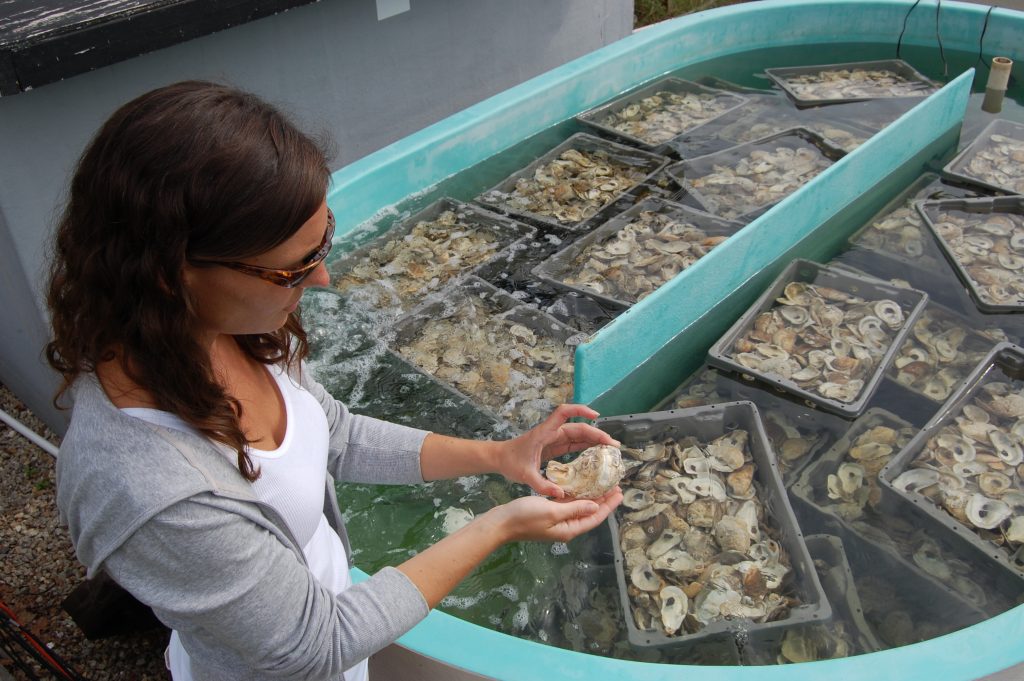

Meet the Experts














SINCE 2008, SEA GRANT HAS PROVIDED
$110,000,000
in research funding
Sea Grant provides this funding to support innovative research that furthers the understanding of the effects of OA and related impacts on coastal communities, economies, fisheries and ecosystems
Featured Ocean Acidification Impacts
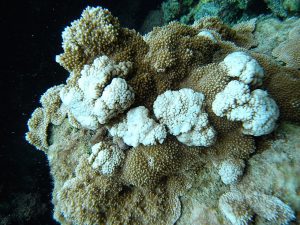

Hawai’i Sea Grant Research Studying Coral Reefs’ Tolerance to Climate Change Leads to Additional $1.2 M in Grants
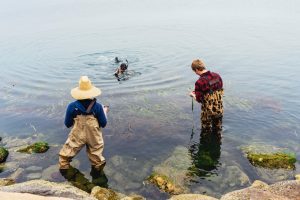

California Sea Grant Eelgrass Research Informs Decisions on Proposed State Legislation
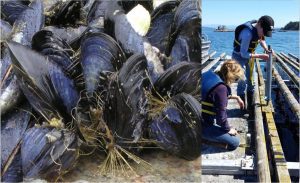

Washington Sea Grant Liason Assembles Scientific, Government, Legal and Stakeholder Communities to Address Ocean Acidification
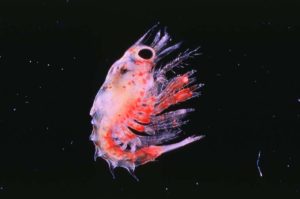

MIT Sea Grant: Understanding the Impacts of Changing Ocean Chemistry on Lobster Development
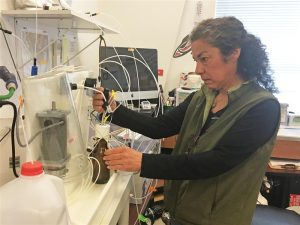

Sea Grant Leads the Way for Ocean Acidification Research in Alaska
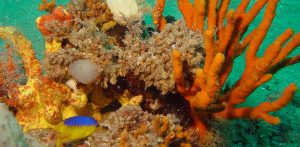

Georgia Sea Grant Funds Research to Understand Sensitivity of Invertebrates in Gray’s Reef NMS to Ocean Acidification
Sea Grant & Ocean Acidification Program Partnership
NOAA’s Ocean Acidification Program (OAP) and Sea Grant began a partnership in 2016 to prioritize and invest in regional ocean and coastal acidification research to help coastal communities better adapt to ocean change. This partnership has helped address regional priority research needs and increased regional awareness of OA concerns.
| Amanda Zahorik | Delaware Sea Grant | Ocean Acidification and microbially-mediated shell calcification in the Eastern oyster, Crassostrea virginica |
| Anthony Himes | Virginia Sea Grant | Influence of salinity history on future ocean acidification tolerance in larval Eastern oysters, Crassostrea virginica, in Chesapeake Bay |
| Caroline Schwaner | New York Sea Grant | Identifying Molecular Markers associated with Resilience to Ocean Acidification in the Eastern oyster and the Northern quahog |
| Elizabeth Wright-Fairbanks | New Jersey Sea Grant | Assessing the susceptibility of Atlantic sea scallops and surf clams to ocean acidification using glider-based monitoring and larval transport models |
| Fei Da | Virginia Sea Grant | Chesapeake Bay acidification: From daily forecasts to half-century projections |
| Teresa Schwemmer | New York Sea Grant | Physiology-based modeling of estuarine fishes and ecosystems under ocean acidification |
| Diana Padilla | New York Sea Grant | Flexing mussels: Does Mytilus edulis have the capacity to overcome effects of Ocean Acidification? |
| Bassem Allam | New York Sea Grant | Probing molecular determinants of bivalve resilience to ocean acidification |
| Richard Wahle | Maine Sea Grant | Genetic and phenotypic response of larval American lobster to ocean warming and acidification across new England’s steep thermal gradient |
| Hannes Baumann | Connecticut Sea Grant | Sensitivity of larval and juvenile sand lance Ammodytes dubius on Stellwagen Bank to predicted ocean warming, acidification and deoxygenation |
Ocean Acidification News
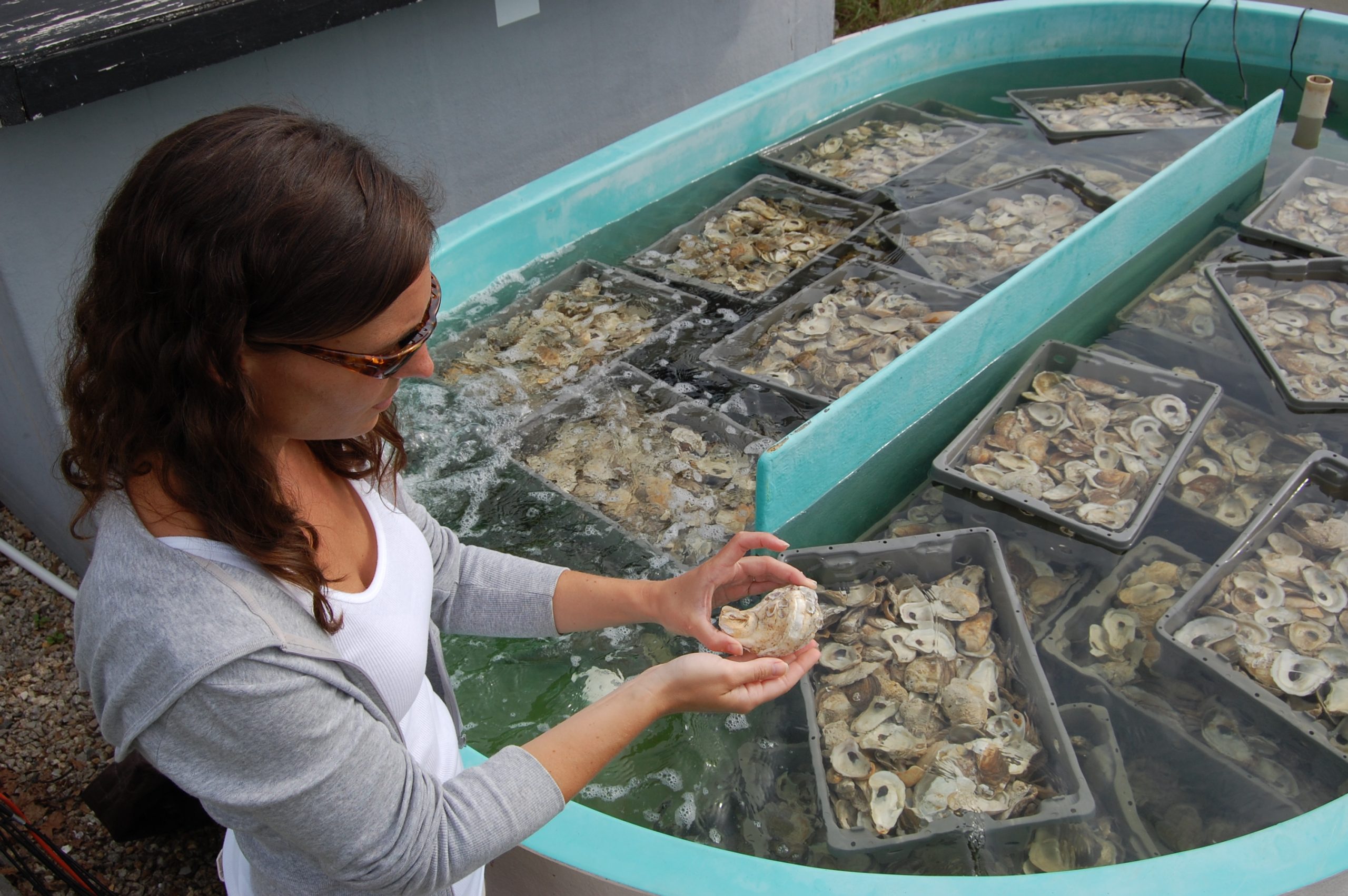

Ocean Acidification Research Fellowship available to students in Mid-Atlantic
The Mid-Atlantic Sea Grant Programs (MASGP), in partnership with the NOAA Ocean Acidification Program (OAP), are pleased to announce the availability of Ocean Acidification (OA) Graduate Research Fellowships for the two-year period covering the 2018 and 2019 academic years.
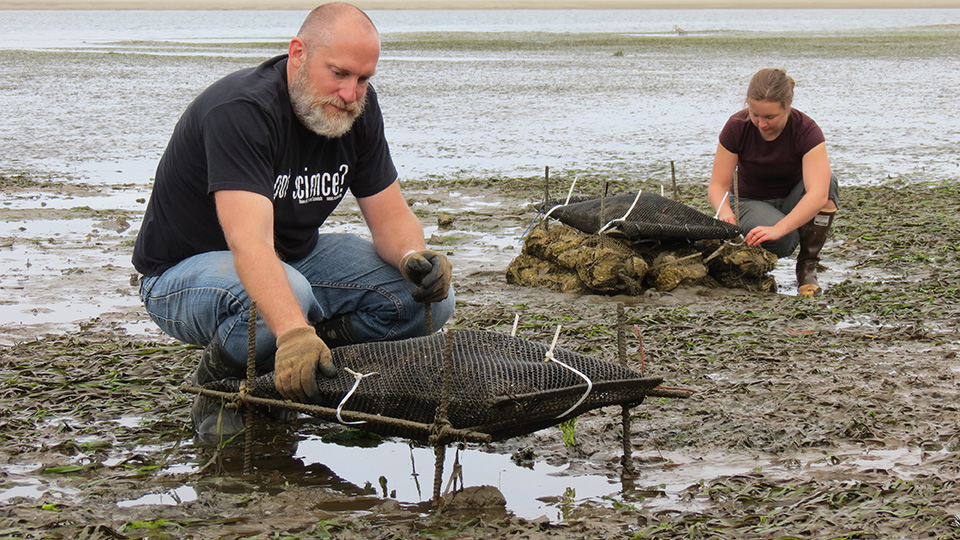

Researchers Explore Using Empty Oyster Shells to Decrease Acidic Seawater
Oregon Sea Grant supported researchers place bags of oysters on different amounts of empty shells to see if the shells help the oysters grow better in acidified waters.
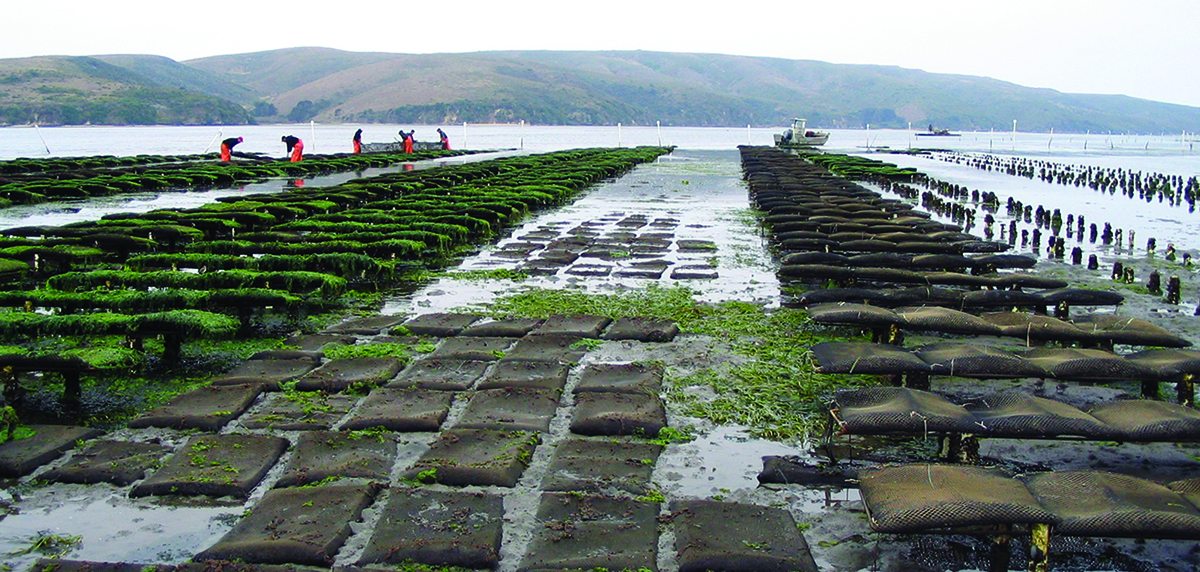

West Coast Shellfish Industry Recognizes Consequences of Ocean Acidification
A survey funded by Oregon Sea Grant found that more than 80 percent of respondents from the west coast shellfish industry agree that ocean acidification is having negative consequences on production.